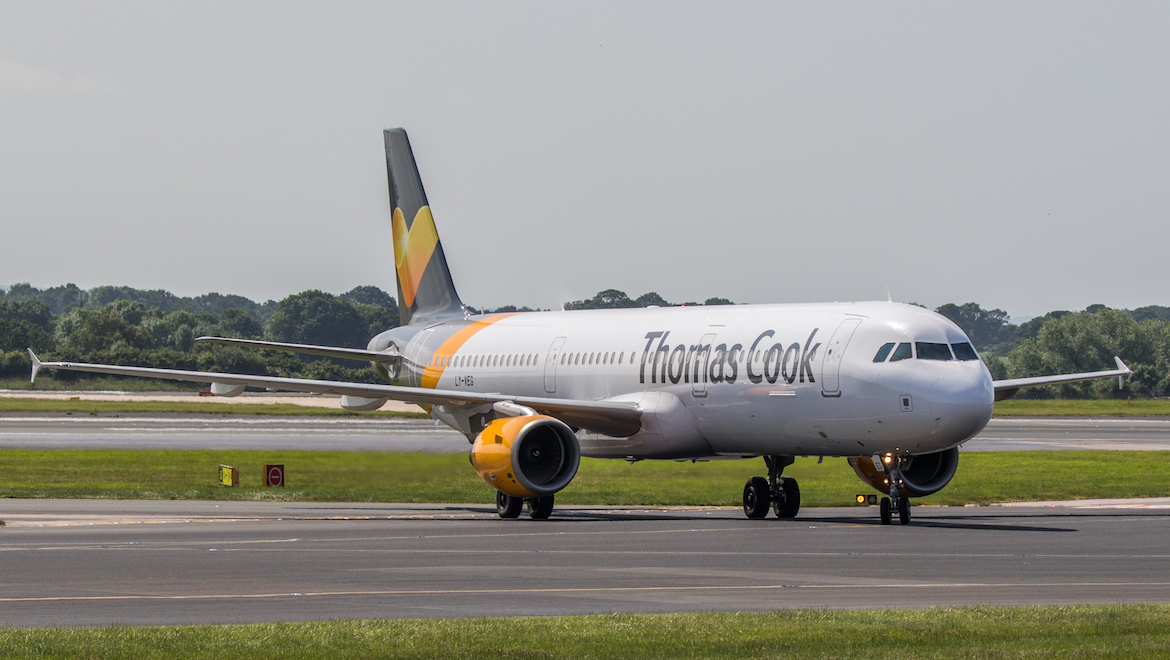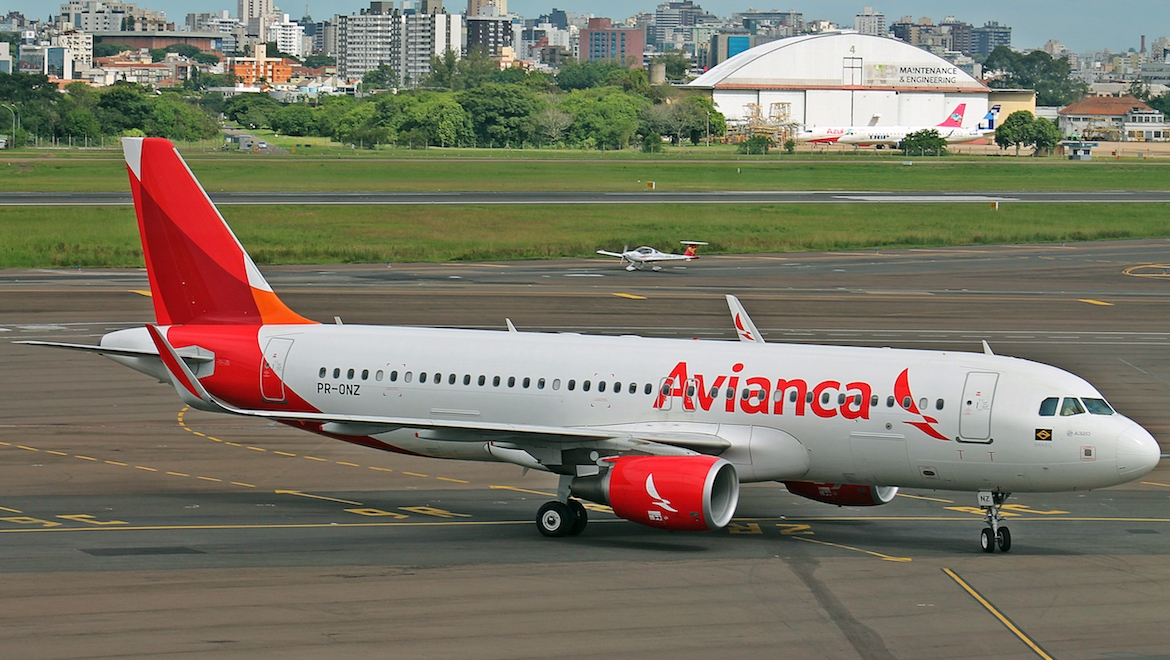
International Air Transport Association (IATA) chief executive Alexandre de Juniac says recent airline collapses highlight the fragile nature of the aviation industry.
High-profile operators who have ceased operations over the past 12 months have included Germany’s Germania, Icelandic airline Wow Air in March and India’s Jet Airways in April.
And September was a particularly brutal month, with UK-headquartered Thomas Cook, France’s Agile Azur and Slovenian flag carrier Adria Airways folding.
Meanwhile, Avianca Brasil filed for bankruptcy protection in late 2018 and was shut down in June 2019.
de Juniac said its was “always a concern” when airlines were in bankruptcy or collapsing.
“What it shows is that our industry is fragile,” de Juniac told reporters during a conference call on September 24.
“We are not a high margin industry , we are a exposed to a lot of risk, including financial and economic risk.”

IATA’s more recent forecast, published at its annual general meeting in Seoul in early June, showed airlines around the world were expected to collectively earn net profit of US$28 billion in calendar 2019.
This was below a recorded US$30 billion in calendar 2018 and down from IATA’s previous calendar 2019 forecast of US$35.5 billion outlined in December 2018.
While the IATA estimates showed 2019 would mark the 10th consecutive year airlines would collectively be in the black, it would be the first time since 2016 that the industry’s net profit contracted.
The recent volatility in oil prices, as well as economic challenges such as trade tensions between China and the United States, has meant difficult operating conditions for airlines.
And with little sign of a turnaround, this suggested downward pressure on IATA’s profit projections.
“I have to recognise that the trend is probably more in the declining than in the increasing mode,” de Juniac said.

The IATA Airlines Financial Monitor published in July, showed a key measure of profitability, the earnings before interest and tax (EBIT) margin, fell to 2.9 per cent in the three months to March 2019, compared with 4.6 per cent in the first quarter of 2018.
The estimate of quarterly net post-tax profit for the 81 airlines surveyed fell to US$1.918 billion, from US$4.694 billion.
The EBIT margin for the 14 European airlines surveyed dropped to negative 5.3 per cent, from 1.8 per cent in the prior corresponding period. This represented a net post-tax loss of US$1.919 billion after a slim US$158 million net post-tax profit a year before.
IATA was expected to release an updated profit forecast for calendar 2019 in early December.















